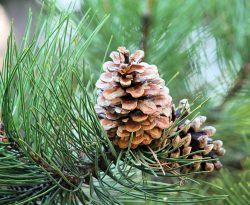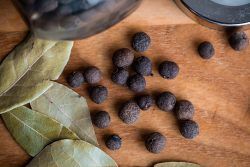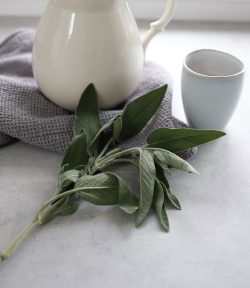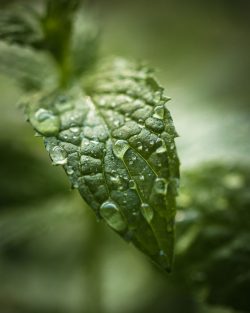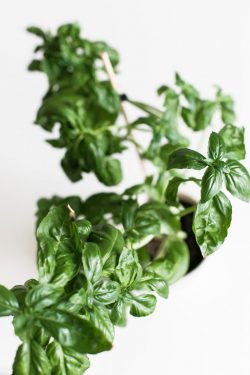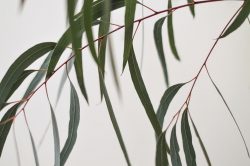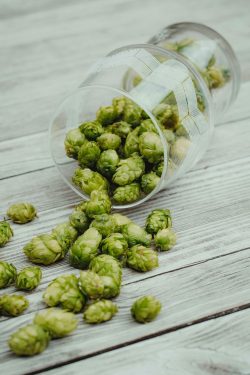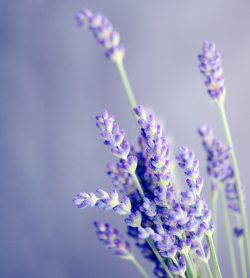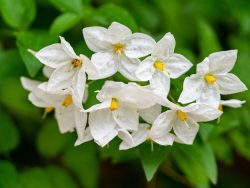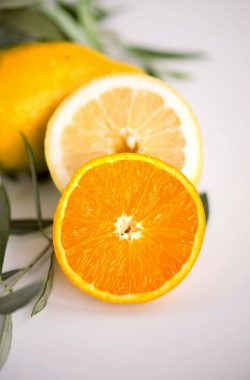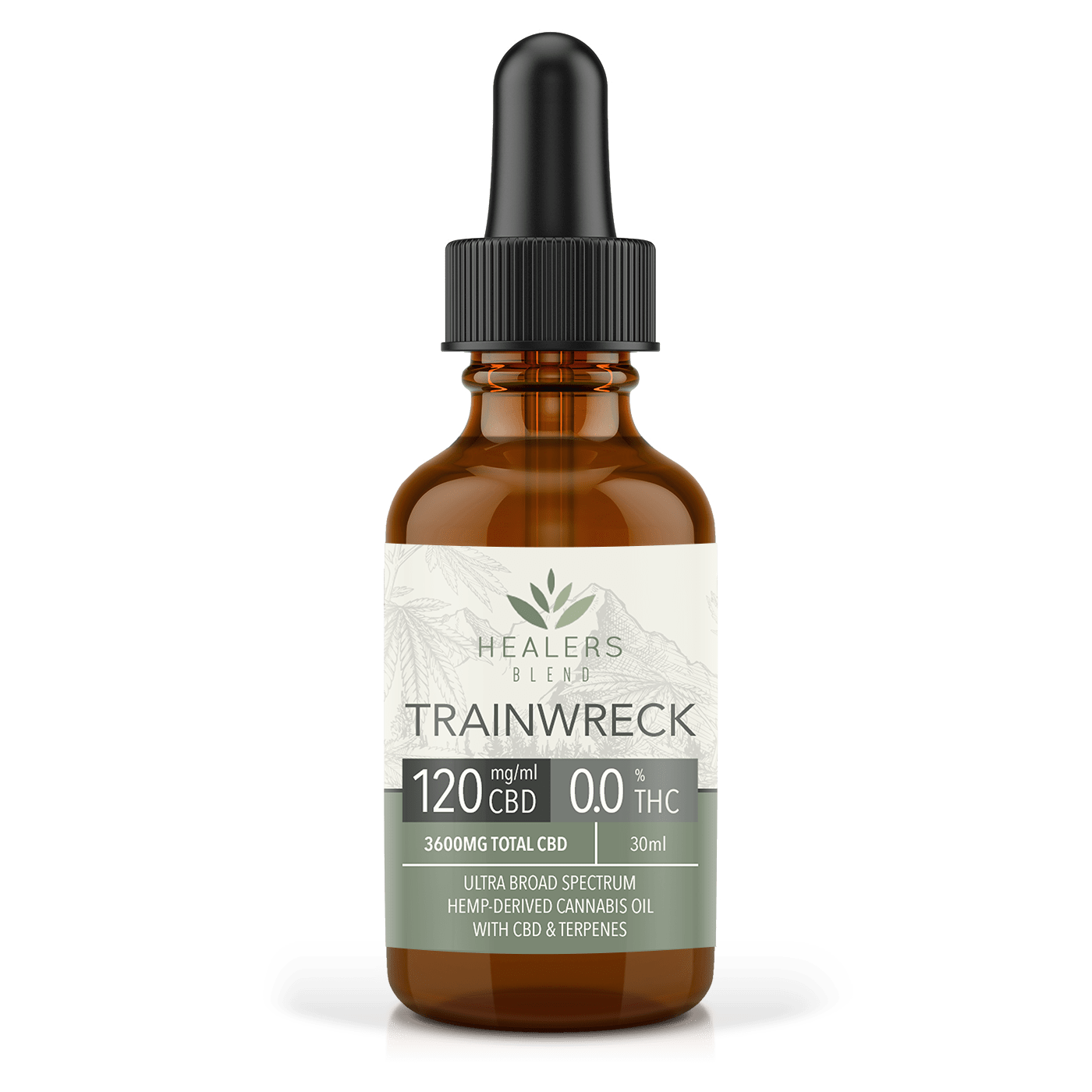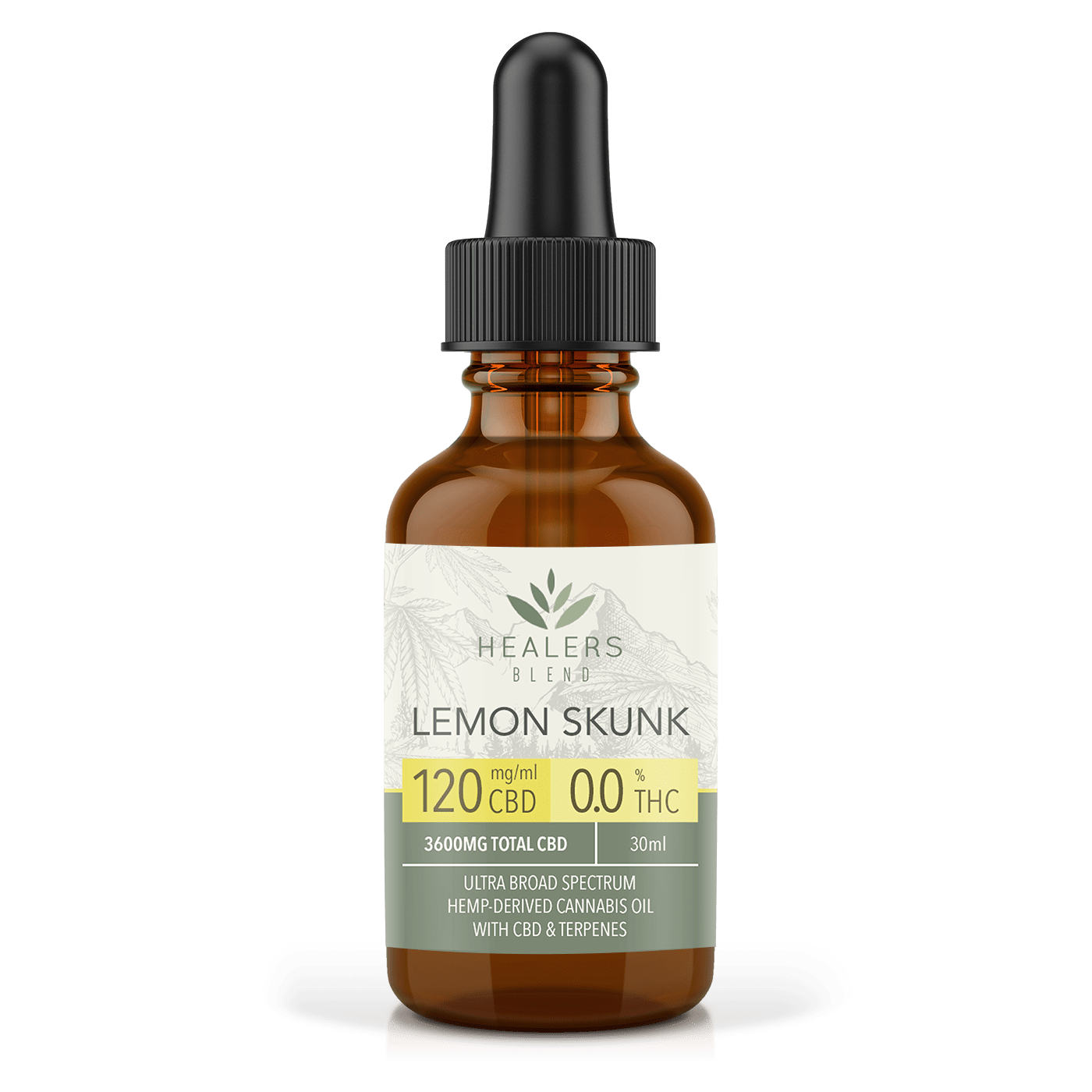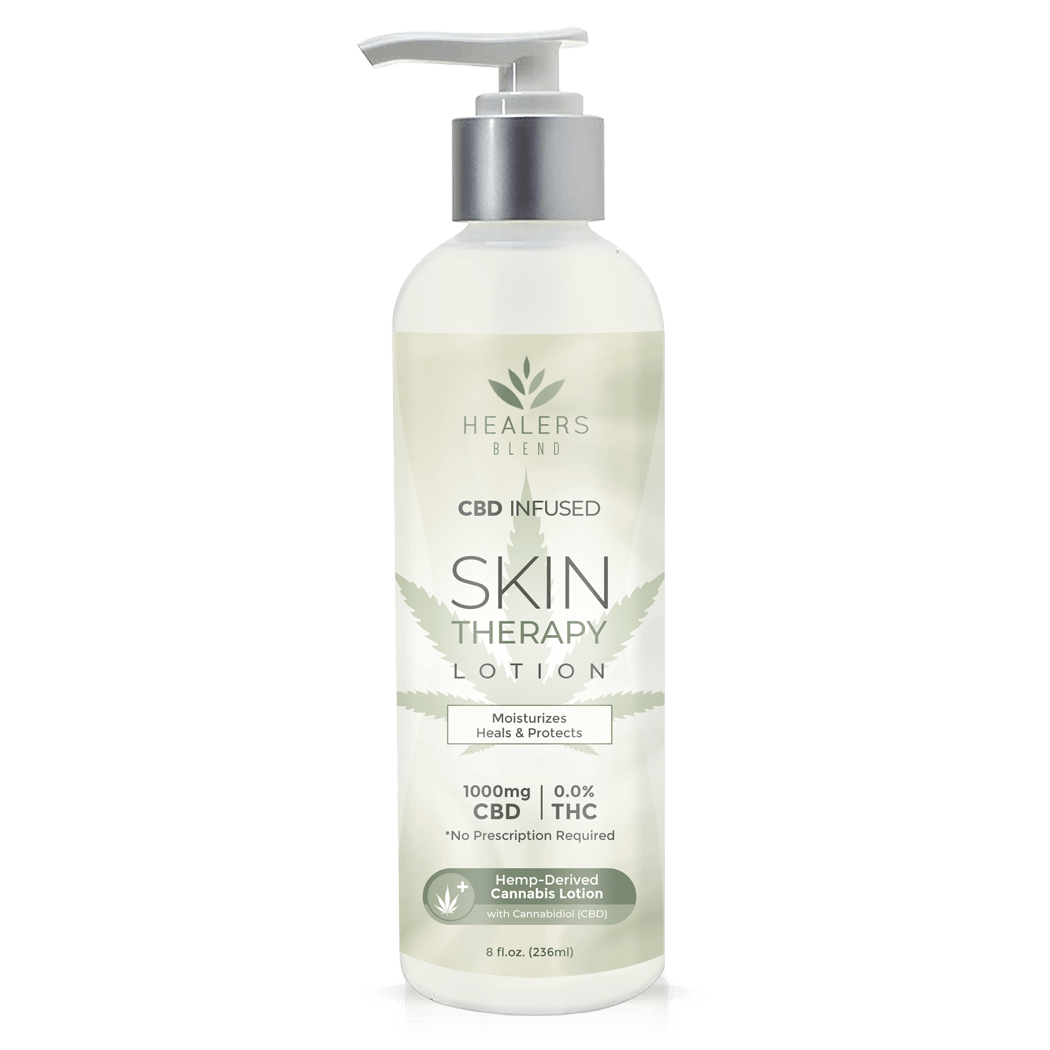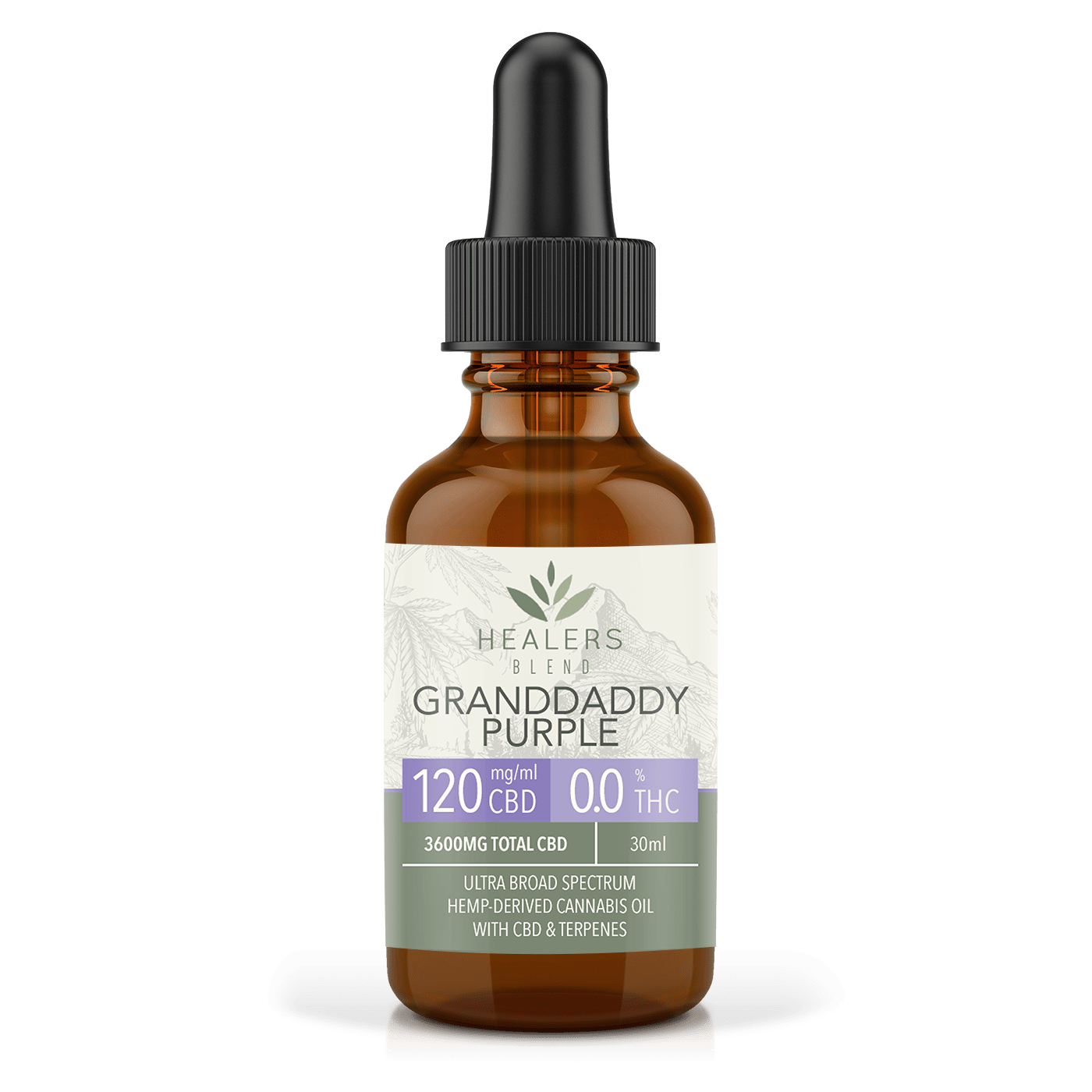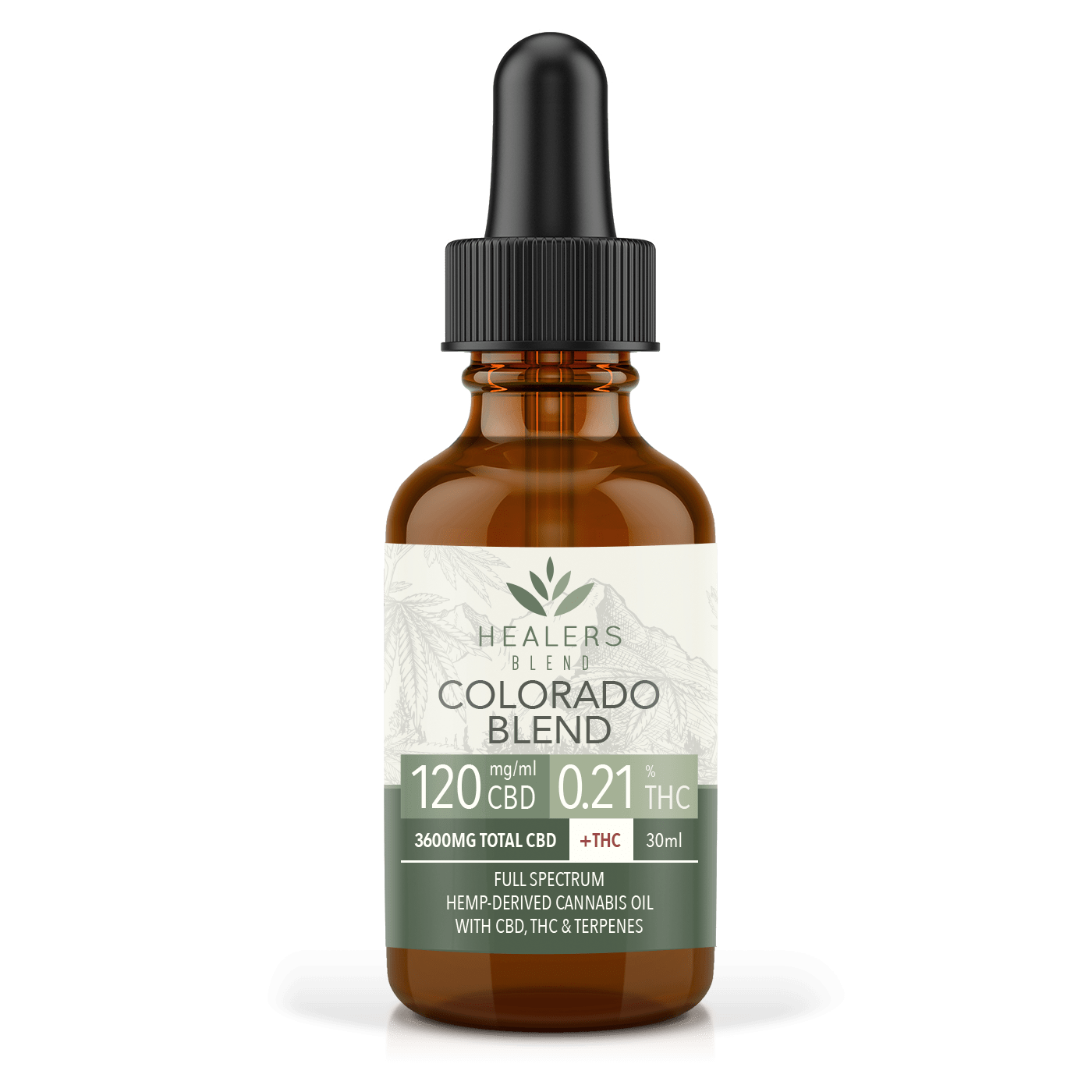Welcome to the Healers Blend Learning Lab! The information in these pages are designed for both the general consumer, as well as, health and medical practitioners seeking to expand their working knowledge of cannabis and the potential of cannabinoid based therapies. While we work to ensure the information in these pages and resources is accurate and up to date, we do not make any claims as to the veracity or totality of the information contained herein. Research into cannabis as medicine is ongoing and our understanding of its many potential benefits continues to grow everyday. Our hope is that you will find this information beneficial and inspiring in your own search to better understand the potential of this incredible plant to increase overall health, vitality, and well-being. CBD products are not approved by the FDA for the diagnosis, cure, mitigation, treatment, or prevention of any disease. We are restricted from making any claims about the efficacy of our specific CBD products to treat or cure any disease or medical conditions. You should always seek the advice of a physician before adding nutritional supplements to your diet. The following information is presented for educational purposes only. Healers Blend provides this information to provide an understanding of the potential applications of cannabidiol. Links to third party websites do not constitute an endorsement of these organizations by Healers Blend and none should be inferred.
Description:
Humulene can be found most in the following strains: Trainwreck.
Humulene is one of the main terpenes in hops, from where it derives its name. Humulene is also called alpha-caryophyllene. Like beta-caryophyllene, humulene is a cannabinoid and sesquiterpene, although it does not contain a cyclobutane ring. Humulene is a powerful anti-inflammatory and an anti-pain compound. It also has anti-cancer properties. Humulene is unique because, like THCv, it acts as an appetite suppressant, showing promise for weight loss treatments.
-
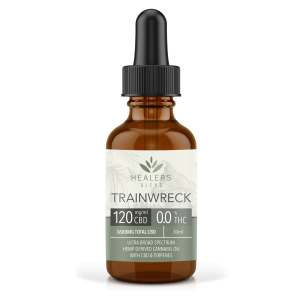 TRAINWRECK Strain – 30mlPrice range: $55.95 through $185.95
TRAINWRECK Strain – 30mlPrice range: $55.95 through $185.95
Effects
Anti-bacterial
Anti-cancer
Anti-inflammatory
Research
Antibacterial
The antibacterial activity of basal fir oil (Abies balsamea) seen to be effective with Staphylococcus aureus. At 2.6 microg/mL, humulene was shown to have a minimum inhibitory concentration, the most potent of all the terpenes evaluated in the study.
Pichette A. Composition and antibacterial activity of Abies balsamea essential oil.
Phytother Res. 2006 May;20(5):371-3.
Anti-inflammatory
Humulene was shown to be a good anti-inflammatory across a wide range of inflammatory markers. Its effects were comparable to dexamethasone in rat and mouse models. Humulene has been shown to have rapid onset and relatively good absorption with both oral and topical administration routes. In airway allergic inflammatory routes, humulene was shown to be effective orally or through aerosol.
Chaves JS. Pharmacokinetics and tissue distribution of the sesquiterpene alpha-humulene in mice. Planta Med. 2008 Nov;74(14):1678-83.
Fernandes ES. Anti-inflammatory effects of compounds alpha-humulene and (-)-trans-caryophyllene isolated from the essential oil of Cordia verbenacea.
Eur J Pharmacol. 2007 Aug 27;569(3):228-36. Epub 2007 May 22.
Alexandre P Rogerio. Preventive and therapeutic anti-inflammatory properties of the sesquiterpene α-humulene in experimental airways allergic inflammation.
Br J Pharmacol. 2009 Oct; 158(4): 1074–1087.
Anti-cancer
Humulene was elucidated to be potent against several solid tumor cell lines. The molecular mechanism involves producing reactive oxygen species, or free radicals, and depleting natural antioxidants in the cells. Humulene was also shown to work synergistically with beta-caryophyllene in delivering the molecule to cancer cells, thus increasing the cytotoxicity of humulene on several cancer cell lines.
Legault J. Antitumor activity of balsam fir oil: production of reactive oxygen species induced by alpha-humulene as possible mechanism of action.
Planta Med. 2003 May;69(5):402-7.
Legault J. Potentiating effect of beta-caryophyllene on anticancer activity of alpha-humulene, isocaryophyllene and paclitaxel.
J Pharm Pharmacol. 2007 Dec;59(12):1643-7.
Tundis R. In vitro cytotoxic effects of Senecio stabianus Lacaita (Asteraceae) on human cancer cell lines.
Nat Prod Res. 2009;23(18):1707-18.
A-Z Index of Terpenes:
-
Alpha Bisabolol
EFFECTS: Analgesic, Anti-cancer, Anti-inflammatory, Antifibrosis, Antifungal, Antocoagulant, Drug Potentiator.
Learn about Alpha Bisabolol »
-
Alpha Pinene
EFFECTS: Anti-bacterial, Anti-cancer, Anti-inflammatory, Bronchodilator, Memory Enhancer.
Learn about Alpha Pinene »
-
Beta Caryophyllene
EFFECTS: Analgesic, Anti-inflammatory, Antioxidant, Gastric-protective.
Learn about Beta Caryophyllene »
-
Beta Pinene
EFFECTS: Expectorant, Bronchodilator, Anti-inflammatory, Antiseptic.
Learn about Beta Pinene »
-
Borneol
EFFECTS: Analgesic, Anti-cancer, Anti-inflammatory, Antifibrosis, Antifungal, Antocoagulant, Drug Potentiator.
Learn about Borneol »
-
-
-
Eucalyptol
EFFECTS: Anti-Alzheimer's, Anti-Asthma, Anti-bacterial, Anti-cancer, Anti-inflammatory, Antioxidant.
Learn about Eucalyptol »
-
-
-
Limonene
EFFECTS: Anti-anxiety, Anti-cancer, Anti-inflammatory, Antidepressant.
Learn about Limonene »
-
Linalool
EFFECTS: Analgesic, Anti-anxiety, Anti-inflammatory, Anticonvulsant, Sedative.
Learn about Linalool »
-
-
-
-
-
-
Terpineol
EFFECTS: Antibacterial, Antioxidant, Anti-cancer, Sedative, Anti-inflammatory.
Learn about Terpineol »
-
-



